Eva Braun
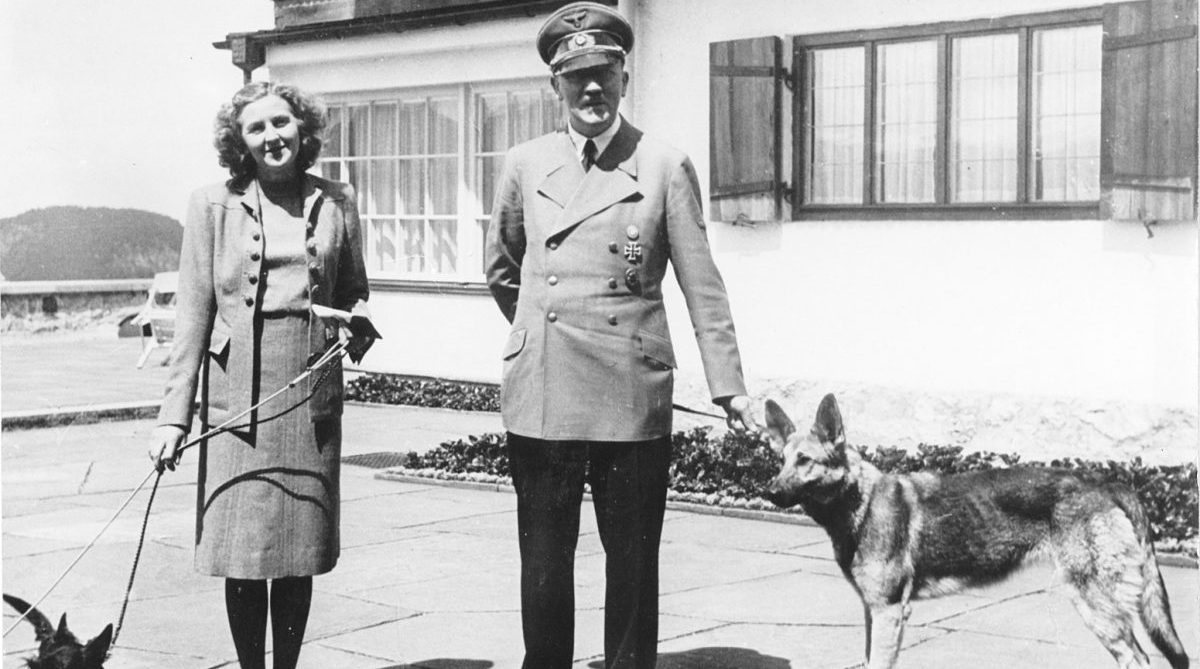
Eva Braun was Hitler’s girlfriend for more than a decade before she became his wife. Braun, who was interested in music, travel, and fashion, liked to go out with friends and have fun. She was a 17-year-old aspiring actress when she met 40-year-old Adolf Hitler in 1931. Although she never joined the Nazi party, Braun became obsessed with Hitler. To keep her existence a secret, the dictator had his wife stay upstairs when people came to see him and did not allow her to attend public events with him until 1944.
As World War II came to an end and Nazi Germany was collapsing, Braun swore her loyalty to Hitler and traveled with him to Berlin where they both committed suicide in a bunker on April 30, 1945. Braun took cyanide capsules, while Hitler shot himself in the head.
Ri Sol Ju
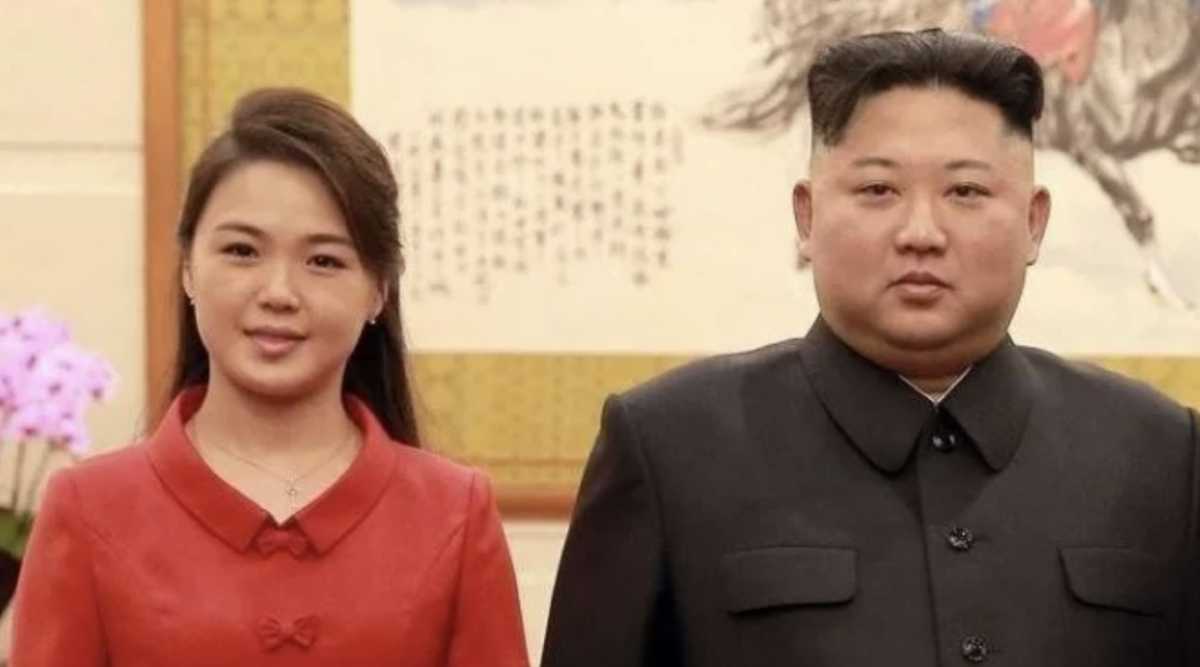
North Korea’s supreme leader, Kim Jong-Un, has been married to Ri Sol Ju for several years, but it was only recently that she was identified as his wife. Little is known about her other than that she’s around 30 and comes from a well-to-do North Korean family. Some rumors have circulated that she may have shot a homemade porn film, and that she led a promiscuous lifestyle. Unproven reports claim her husband ordered nine musicians who were spreading these rumors executed.
Kim Jong Un took over the role of Supreme Leader when his country was in trouble. Still, Kim lives a lavish lifestyle while many North Koreans suffer from poverty and starvation.
Jeannette Kagame

First lady Jeanette Kagame has been a vocal advocate for women’s rights and children since returning to Rwanda in the early 2000s, after fleeing the country during the 1994 genocide. She has worked to end the HIV/AIDS epidemic and improve lives of its victims. Thanks to her efforts, new HIV infections have been cut in half and testing among young women has increased in the last decade.
Her husband President Kagame is credited with leading Rwanda’s remarkable recovery from war and genocide; but his government has made these gains through tight restrictions on freedom of expression. In the most recent general election, authorities barred most opposing political parties from registering to vote; closed many independent newspapers; and were accused of killing journalists and exiling officials.
Asma al-Assad

Syrian dictator Bashar al-Assad’s wife, Asma al-Assad, was once praised for her democratic values and humanitarian work. However, leaked emails depicted her as someone who spent lavishly on expensive things for her houses and referred to herself as “the real dictator” in the relationshiip. Asma was known for her glamorous image and expensive clothes. She was featured in fashion magazines around the world, where she was described as cheerful and friendly. For a while, she kept her marriage to Bashar al-Assad secret; eventually it was revealed that she had married him in 2000.
Asma stood by her husband as his regime brutally slaughtered protesters during the ongoing Syrian Civil War. Emails between the couple show that Asma sent love and support to Bashar, while he joked about the violence in replies.
Ana Paula dos Santos

Ana Paula dos Santos was a flight attendant and former fashion model when she met her future husband, Angolan dictator José Eduardo dos Santos. She now has a degree in teaching and law and is a member of the International Steering Committee. The first lady has been criticized for announcing that her son will attend a private school in Angola, due to the low quality of state education — something which many people blame on the president.
President dos Santos wielded absolute political power for 36 years. He has been accused of numerous atrocities, including torture and mass murders, during a 27-year civil war.
Sabika bint Ibrahim Al Khalifa
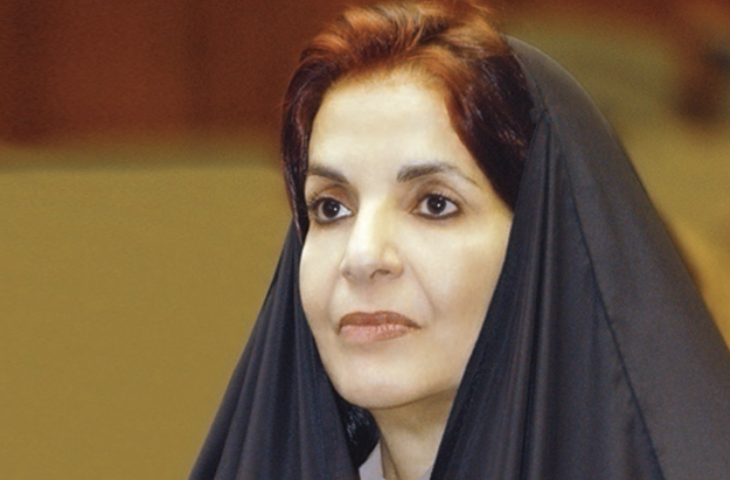
Sabika bint Ibrahim Al Khalifa is the queen consort of King Hamad bin Isa Al Khalifa of Bahrain. She is known for her dedication to her family and outspoken support for women’s rights, both in Bahrain and internationally. She is both the head of the Supreme Council for Women in Bahrain, an influential organization that encourages women to participate in politics and civil society, as well as the chief patron of the Society for Women and Children in Bahrain.
Bahrain has been ruled by the Al Khalifa dynasty since 1783. Hamad declared himself king in 2002, previously holding the title of Emir.
Chantal Biya
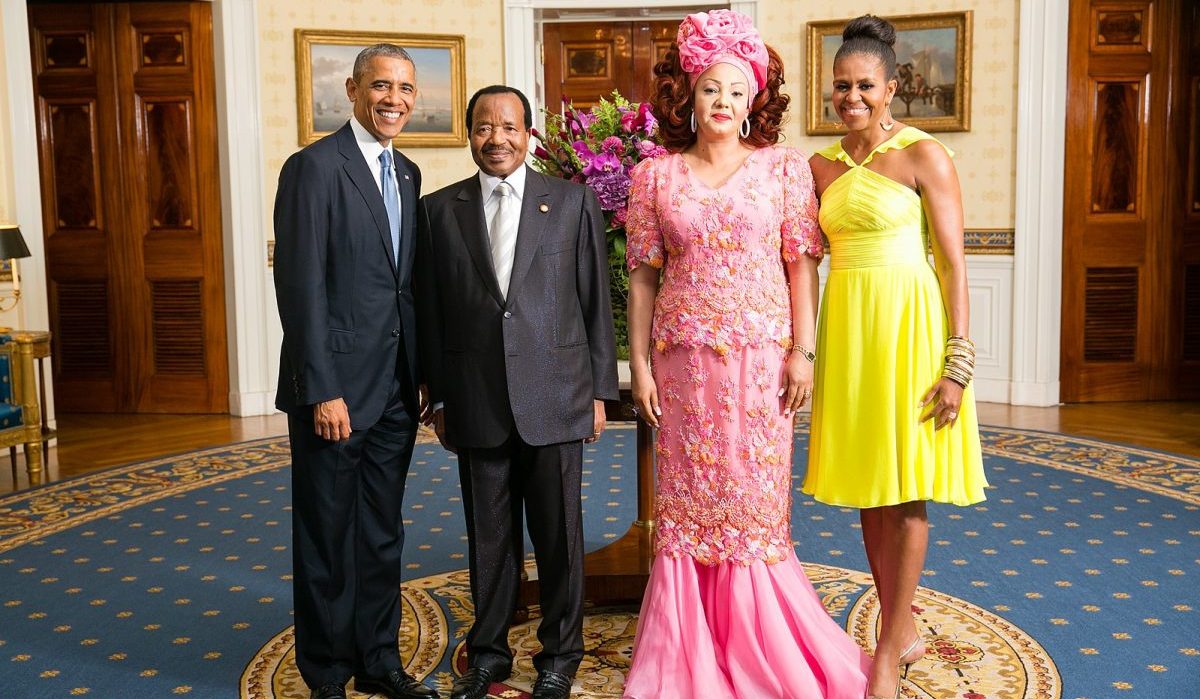
Chantal Biya is the wife of President Paul Biya, the current president of Cameroon. A social butterfly, she has met many high-profile figures, including Michelle Obama and Pope Francis. Her favorite European designers are Dior and Chanel, who create many of the custom outfits in her wardrobe. There’s even a Tumblr devoted to her famously elaborate hairdo.
President Biya has been in office for more than thirty years and has recently changed the country’s constitution so that he can stay in power indefinitely. The state security forces have been accused of executing protestors and using other means of violence and oppression to prevent political opposition. According to Africa Review, Biya’s salary is nearly 229 times greater than the average for his country.
Hinda Déby
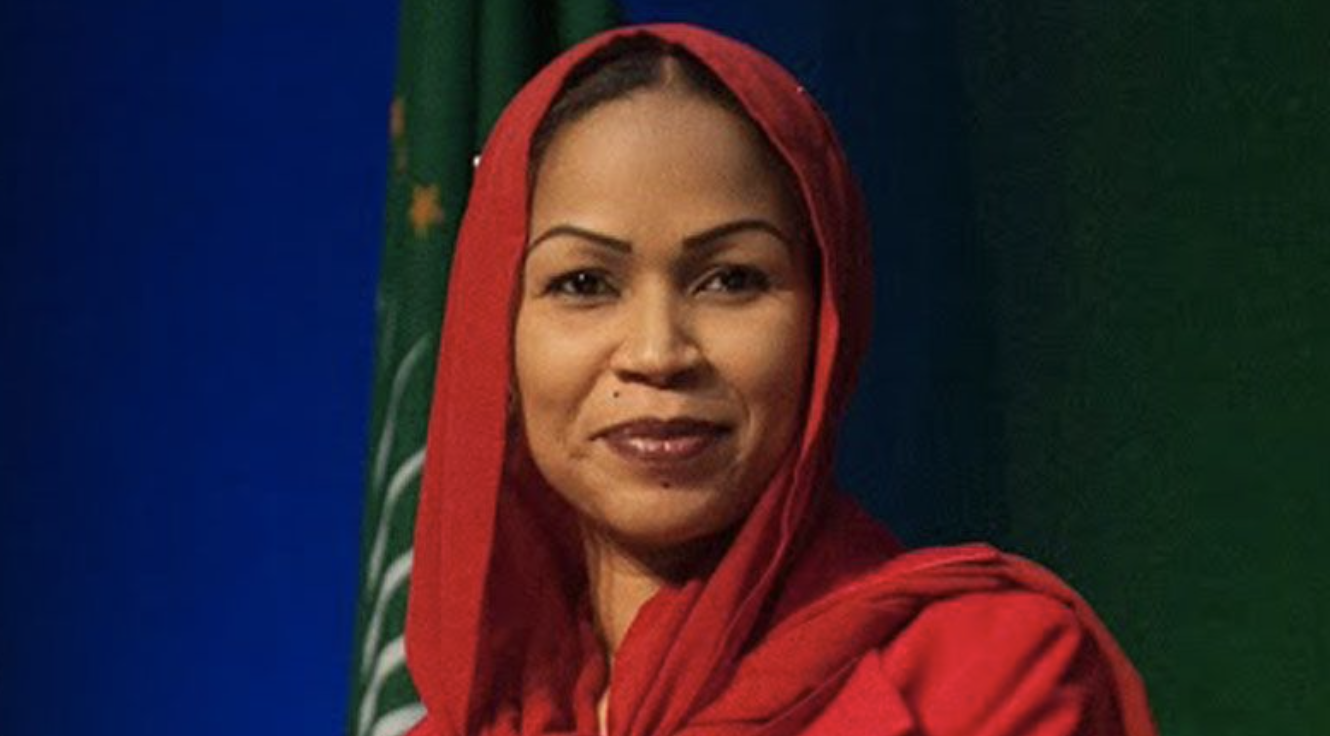
Chad’s first lady, Hinda Déby, was well loved and renowned for her beauty. She was also the wife of the country’s president, Idriss Déby Itno until his death in 2021. In 2014 Chad’s National Council of Women was formed with her strong support. Hinda has been appointed a Special Ambassador for the Prevention of HIV by UNAIDS, an American charity aiming to rid the disease by 2030.
President Déby Itno came into power in 1990, when he led a coup that overthrew his predecessor. He played a key role in escalating a bloody proxy war between Chad and Sudan throughout the 2000s.
Constancia Mangue
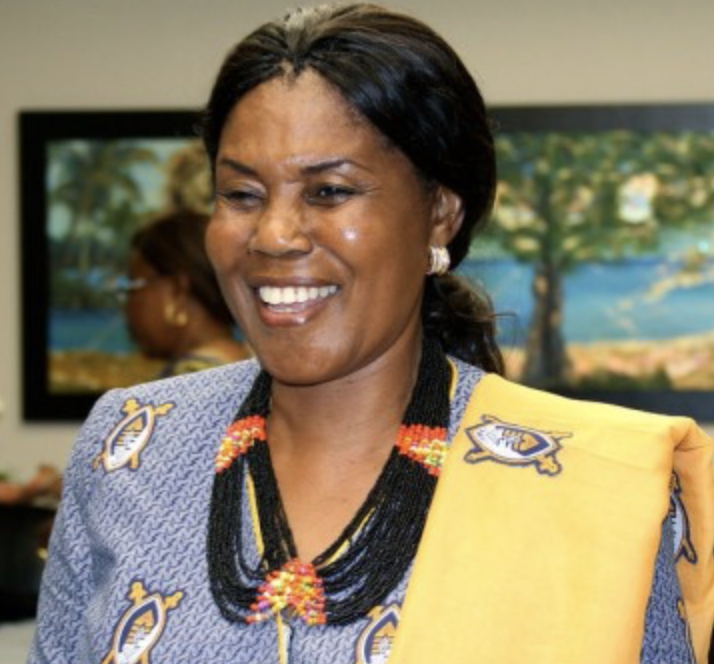
The first lady of Equatorial Guinea, Constancia Mangue, was named one of the 50 most influential Africans in 2010 by the African leadership Magazine. She was awarded for her advocacy of women’s and children’s rights through the NGO she founded, The Equatorial Guinean Child Aid Committee.
President Teodoro Obiang Nguema Mbasogo has been accused of torture, oppression, and even cannibalism. After overthrowing his uncle—Francisco Macias N’Guema—in a bloody coup, he took revenge after the ruler had his family murdered. After more than 35 years in office, he is Africa’s longest-standing leader.
Zeinab Suma

Many people have called Zeinab Suma, the former first lady of Gambia, a “gold digger.” Others have called her a “hustler” and one report says she is a “devil” who “enjoys seeing Gambians suffer.” In September 2019, the Gambian government’s Janneh Commission reported that Zeinab had embezzled three million Dalasi and two million US dollars from the Gambia, using her foundation as a conduit.
Her husband, Yahya Jammeh, who ruled from 1996 to 2017 and whose time in office saw the authoritarian oppression of anti-government journalists, LGBT people, and opposition parties, went into exile in Equatorial Guinea in 2017. He is accused of having stolen millions of dollars from the country to fund a life of luxury and is also accused of having raped a number of young women.
Sara Nazarbayeva
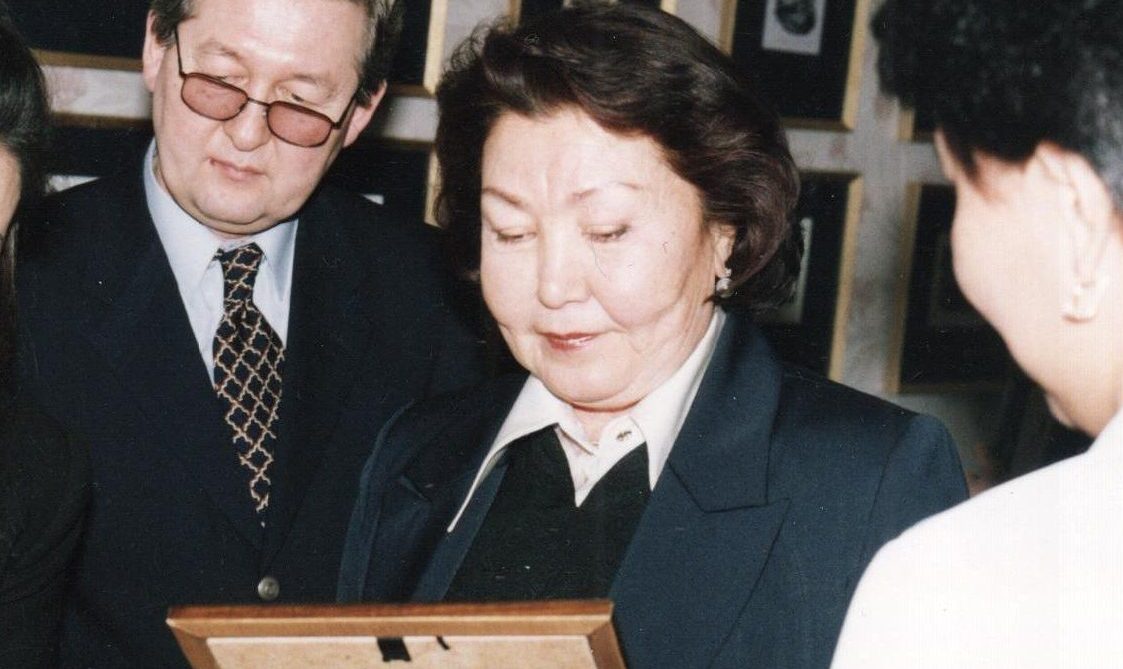
Sara Nazarbayeva, the former first lady of Kazakhstan, is an economist and engineer and the chair of Bobek, an international children’s charity fund. She won a prize from the Ihsan Doğramacı Family Health Foundation in 1997 for her work with children, but she says that she is against adoption of Kazakh children by foreign nationals.
Her husband, Nursultan Nazarbayev, was the first President of Kazakhstan. He ruled from 1991 to 2019 and was accused of widespread human-rights abuses—including limits on political and speech freedoms, pervasive corruption, and violence against women.
Inkhosikati LaMbikiza
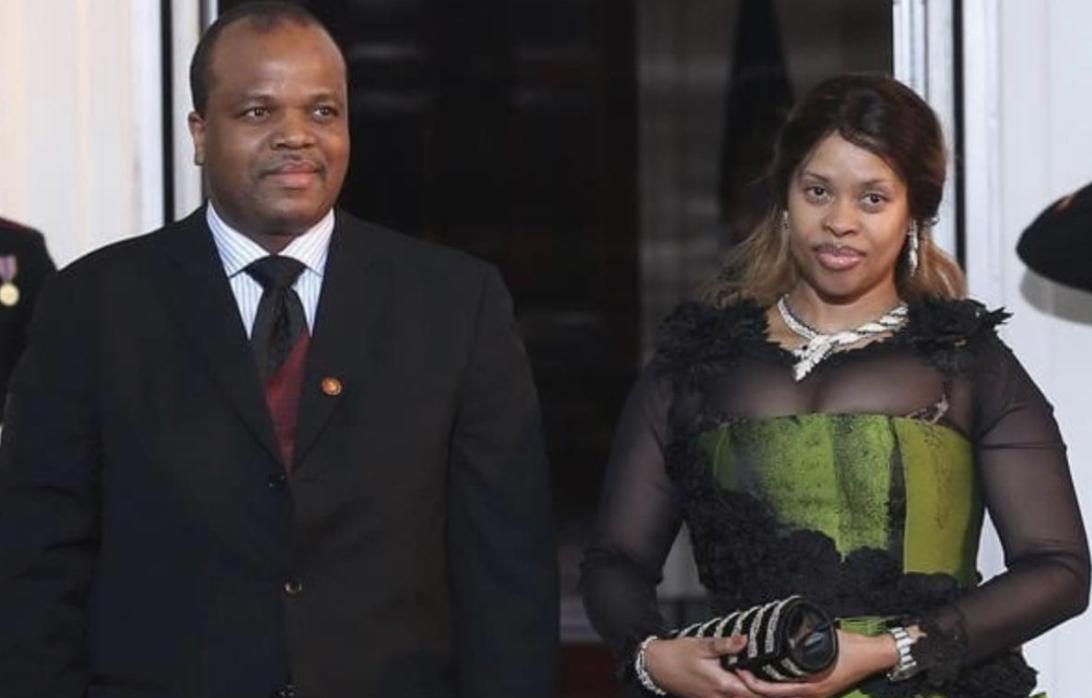
Queen Inkhosikati LaMbikiza is one of King Mswati III’s 15 wives. She was selected by the king himself after she dropped out of school at the age of 16 to marry him. Queen LaMbikiza, who defied Swazi tradition by earning a law degree after marriage, has influenced culture in other ways — like recording a gospel album and getting coverage from American press for her bold fashion choices.
King Mswati III of Swaziland is said to spend about $50 million of the country’s annual budget on his family. Four of his 15 wives have left him, citing physical and emotional abuse. LaMbikiza was rushed to hospital earlier this year after her husband attacked her. She lost her teeth in the assault.
Tatyana Karimova

Tatyana Karimova, the wife of former Uzbek President Islam Karimov, was a highly influential figure in her husband’s rule. She and Rustam Inoyatov, the head of the National Security Service, were expected to play a key role in choosing Karimov’s successor after he passed in 2016. As first lady, Karimova was known for her charitable work and official state functions. In 2013, the president’s eldest daughter got into a public feud with her mother on Twitter, claiming that she practices witchcraft and has threatened to “destroy” her daughter for interfering in the first lady’s allegedly shady business affairs.
Islam Karimov ruled Uzbekistan from 1991 until his death in 2016. He led a communist dictatorship in the country, where political opponents were assassinated and freedom of speech was prohibited by law.
Cilia Flores
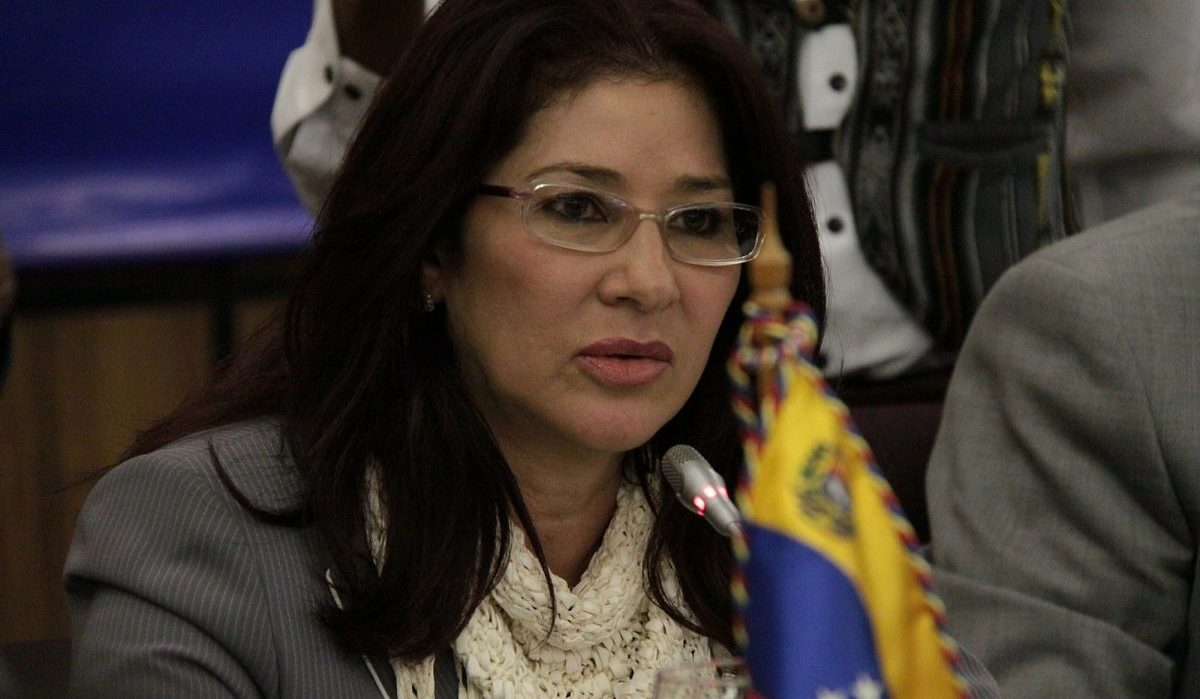
19 years ago, Venezuelan leader Nicolas Maduro and his future wife, Cilia Flores, met through a mutual friend. A feisty lawyer who rose up from poverty, Flores was part of the legal team that got Hugo Chavez freed after he tried to overthrow the government. Her husband nicknamed her “La Primera Luchadora” (The First Fighter). Flores also served as attorney general, and she has denied accusations of nepotism—even though she put roughly 40 family members in positions of public administration.
Maduro has been called an tyrant and a dictator by some. In 2018, a special OAS panel found that crimes against humanity had occurred during his presidency.
Grace Mugabe
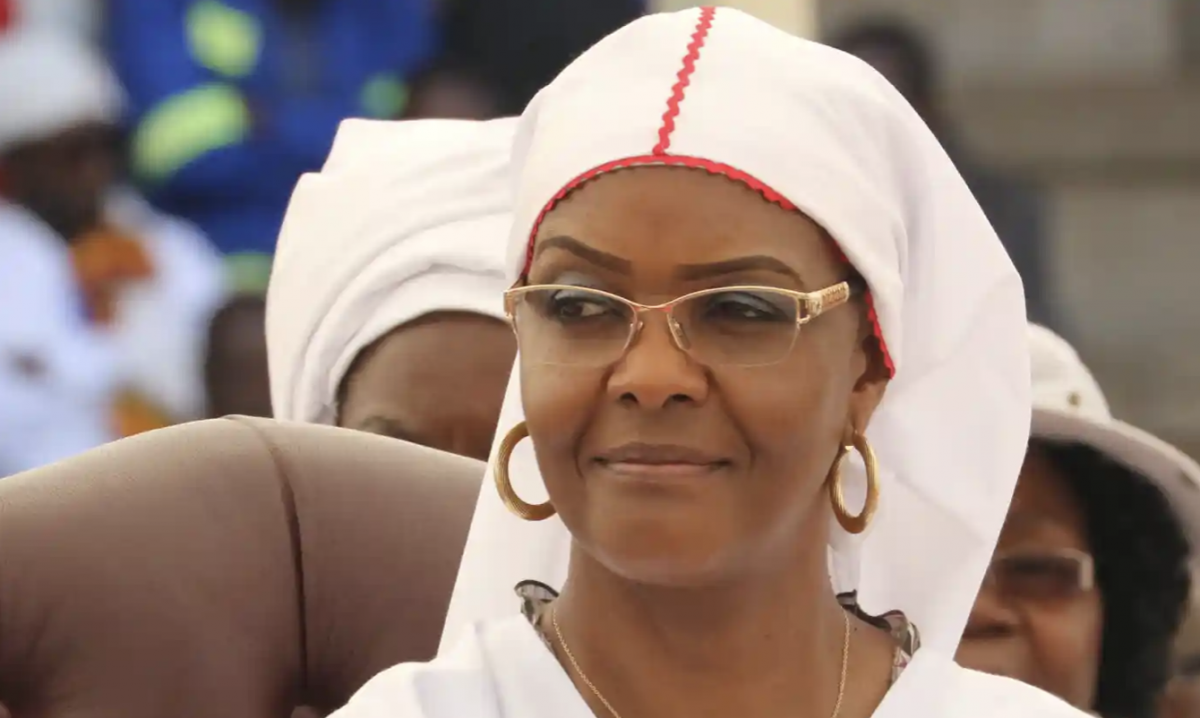
Former President Robert Mugabe, Zimbabwe’s leader from 1987 until his death in 2017, married his third wife Grace in a Roman Catholic ceremony in 1996. She was his secretary when they began an affair in the 1980s. Two of their three children were born while he was still married to his first wife. Opponents of the president’s wife have called her a “Disgrace” since reports surfaced in 2008 of her extravagant lifestyle and international shopping sprees, and she was nicknamed “Gucci Grace.”
President Robert Mugabe was a controversial figure. He was praised as a hero by some who saw him as a revolutionary who helped free Zimbabwe from British colonialism, imperialism, and white minority rule. Others saw him as an authoritarian dictator responsible for economic mismanagement, widespread corruption, and human rights abuses including anti-white racism and crimes against humanity.
Elena Ceausescu
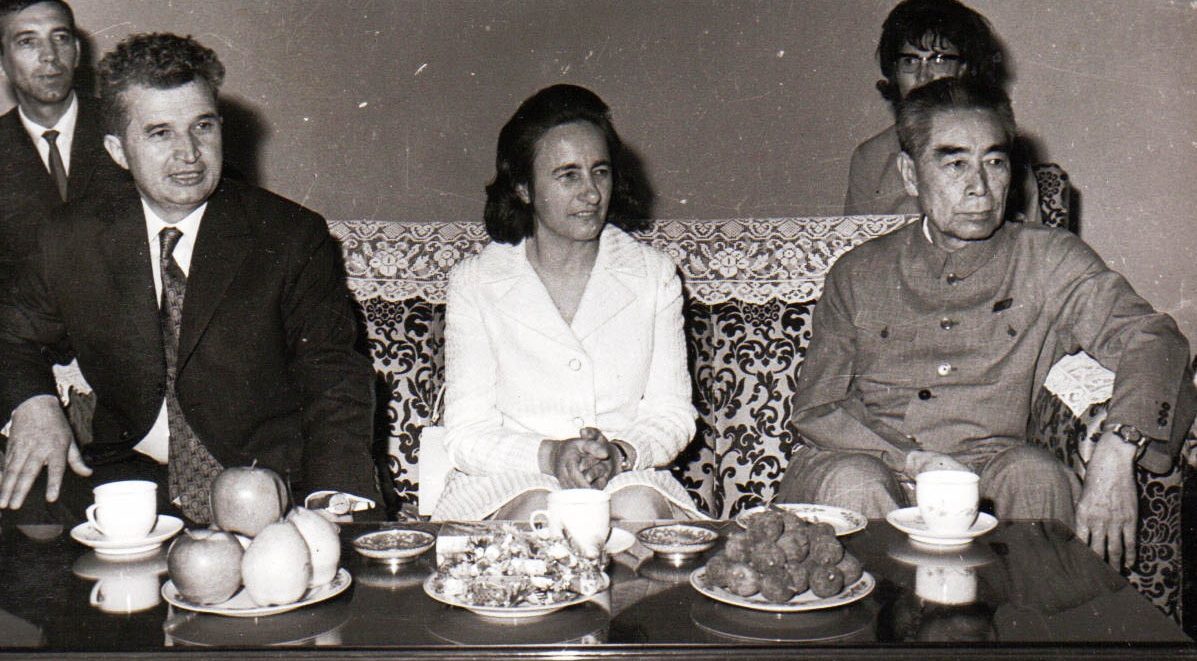
Elena was the wife of Nicolae Ceausescu, a communist dictator who came to power in Romania after Gheorghiu-Dej died. Elena was very powerful in her time, and she was also an important cog in their regime, which left Romania in economic, social, and moral ruin.
Considered to be vain and ambitious, Elena brought about the ruin of Romania’s Academy of Sciences when it lost control over 50 institutes. She was executed on Christmas Day 1989, along with her husband Nicolae.
Kay Amin
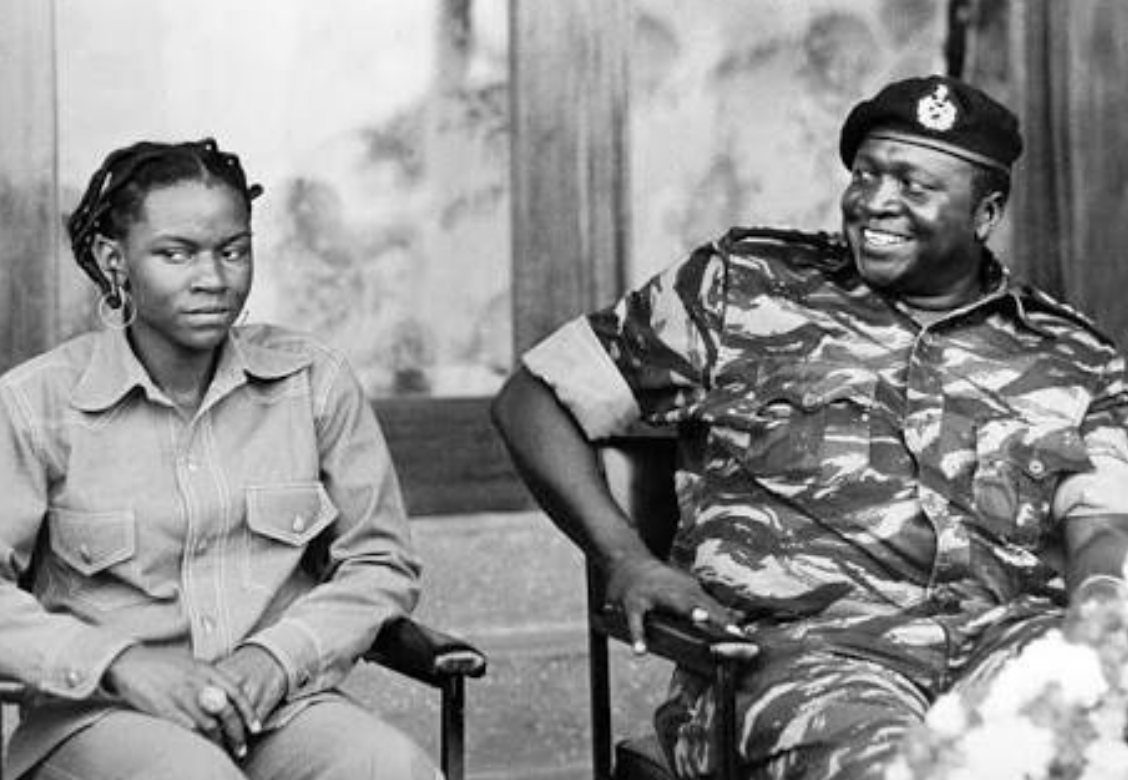
Kay Amin was Ugandan dictator Idi Amin’s fourth wife; they met while she was studying at Kampala University. Seven years into their marriage, Idi Amin separated from Kay in order to marry another woman. Less than a year later, Kay’s body was found dismembered and sewn together in the trunk of a car. The car belonged to a doctor with whom Kay had been rumored to be having an affair. The doctor’s body was found the day before, ruled a suicide.
Known as the ‘Butcher of Uganda’, Idi Amin was a murderous dictator responsible for the death of an estimated 300,000 people. Amin’s rule was marked by human rights abuses: political repression, ethnic persecution, and extrajudicial killings, as well as nepotism, corruption and gross economic mismanagement.
Nadezhda Alliluyeva
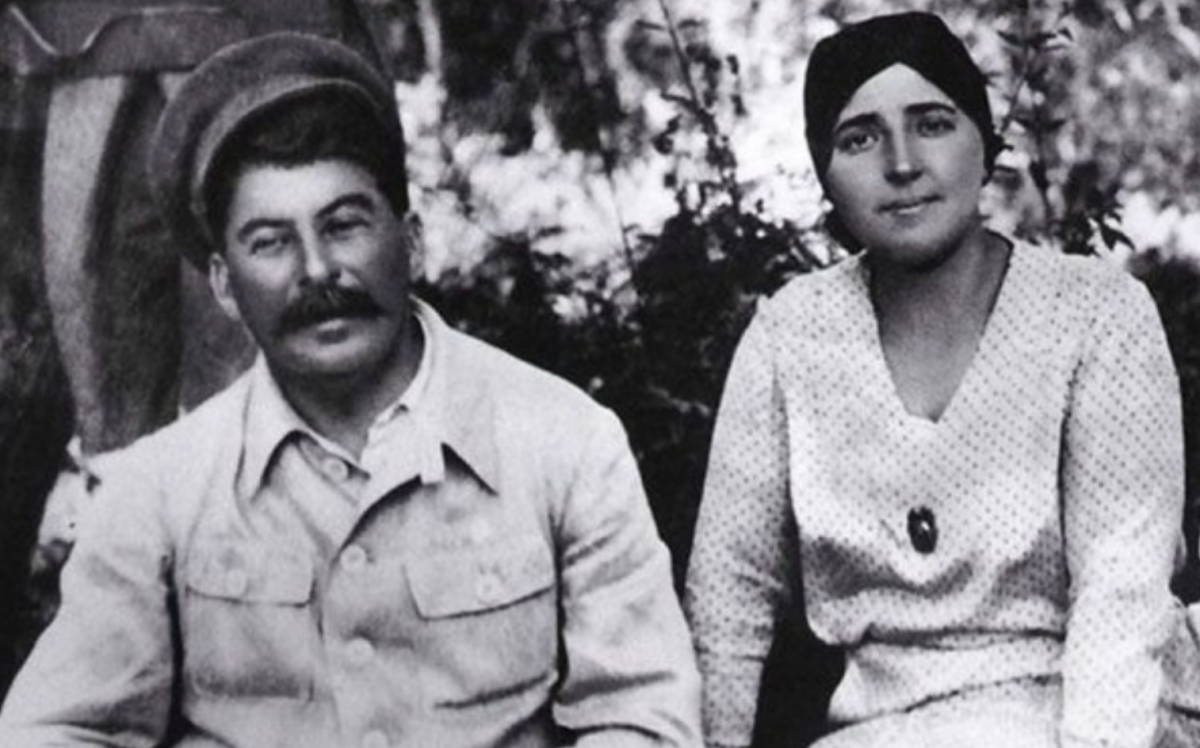
In letters written before her marriage to Joseph Stalin, Nadezhda Alliluyeva described herself as depressed. Food was expensive and hard to come by, and it was often necessary to wait in long lines to purchase anything. She described herself as an anarchist at the age of 17. As a teenager, Alliluyeva accompanied Stalin to Moscow. Alliluyeva was 16 when they married, and Stalin was 39. She had little interest in being a housewife but was described as a hard worker and modest.
However, as Stalin grew more powerful, tensions between he and his wife grew as well. She suffered from frequent panic attacks, and it is believed that she argued against Stalin’s cruel policies and confronted him about the famine that resulted from his decision to collectivize Soviet agriculture. She was 31 years old when she died, likely by suicide.
Eva Peron

María Eva Duarte married Juan Peron in 1945, and she was involved in his campaign to become the next Chilean president. She became a beloved symbol to the people of Chile and was known for her work with the poor and advocacy for women’s suffrage. Sadly, she died only six years later. After Eva was diagnosed with cervical cancer in 1952, Juan concealed the information in order to prevent his wife from appearing weak in front of the people. As the beloved wife of the president, he wanted to protect her image as a symbol of strength and hope.
After Juan Peron was deposed in 1955, he was banished from his homeland and forced into exile in Spain. His enemies stole Eva’s corpse, which they kept hidden in Italy for 16 years before returning it to him. In this way, they were able to keep him from having a state funeral for his wife on Argentinian soil.
Khieu Ponnary

Khieu Ponnary was the wife of Saloth Sar, who became known as Pol Pot and presided over a brutal regime in Cambodia from 1975 to 1979. He was responsible for the deaths of more than a million Cambodians but died of natural causes before he could be brought to justice for his crimes.
Married in 1956, Ponnary was also politically active and older than her husband. She was the first Cambodian woman to obtain a bachelor’s degree and taught linguistics and literature. Her political theories caused her to become paranoid with fears that the Vietnamese were out to kill her and her husband; these fears eventually incapacitated her for the remainder of her life.
Lucía Hiriart

Lucía Hiriart de Pinochet, who was married to Chilean dictator Augusto Pinochet, was born into a wealthy family in Antofagasta. She and Pinochet married in 1943. Hiriart was sued for tax evasion in 2005 and arrested with her son Marco Antonio a few months later. In August 2016, she was accused of using funds from her NGO, CEMA Chile, to cover her living expenses.
Pinochet ruled Chile from 1974 to 1990, making him the longest-serving ruler in Chilean history. His government was responsible for human rights abuses, including forced disappearances, murder, and torture of political opponents. According to a government commission report, Pinochet’s government killed at least 3,197 people and tortured about 29,000.
Jiang Qing
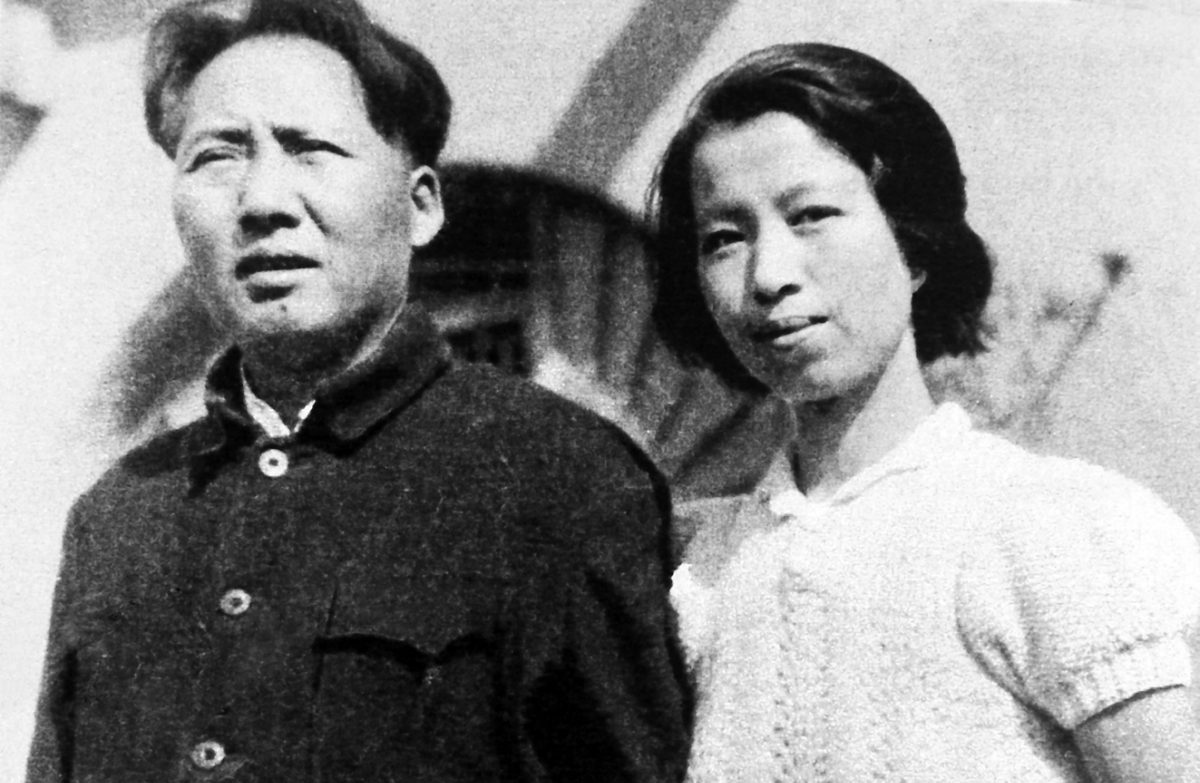
Jiang Qing, wife of the Chinese dictator Mao Zedong, has been described as ruthless and merciless. She is best remembered for her speeches at public rallies, her efforts to enforce extreme censorship, and her destruction of artifacts relating to her own life. Though details of Jiang Qing’s early life are scarce, it is known that she was born into extreme poverty and that she suffered from a painful stomach condition. She was arrested multiple times in her early life for “radical activity,” but according to Britannica, she also had a secret career as an actress, working in movies under a fake name.
Despite her reputation for being power-hungry and ruthless, even when standing trial for her crimes, Jiang Qing remained loyal to her husband’s ideology. She proclaimed her innocence on the charge of treason, claiming she had no knowledge of the violence that occurred under Mao’s rule.
Imelda Marcos

As a young woman, Imelda Marcos was a beauty queen and was known as the “Rose of Tacloban.” She came to be known instead as the “Steel Butterfly” after marrying Ferdinand Marcos and becoming First Lady of the Philippines. For twenty years, the Marcos family in the Philippines ran a massive embezzlement scheme that drained around $10 billion out of the country and into their private bank accounts.
Imelda would sometimes drive through slums in Manilla and toss pesos out the window to crowds of desperate citizens. She also owned skyscrapers in New York City and even set up her own private African safari in the Philippines – after evicting the hundreds of people who used to live on the land.
Rachele Mussolini

Rachele Mussolini, who married Italian dictator Benito Mussolini (known as Il Duce) when she was 18 and he was 33, was a hard worker. Her parents were peasants; she met the future dictator when she worked at his parents’ inn as a kitchen maid. Rachele was a private person. She tried to stay out of the public eye and avoided events where she knew her husband would be present. She continued to keep house, cleaning and doing laundry, and cooking for Benito, who returned every day at lunchtime.
Even after Benito Mussolini’s execution in 1945, his wife Rachele continued to live in Italy. Though she never disavowed her husband or his fascist regime, she is quoted as saying that she regretted that he had become involved in politics because it was such an unpredictable career choice.
Sajida and Samira Hussein
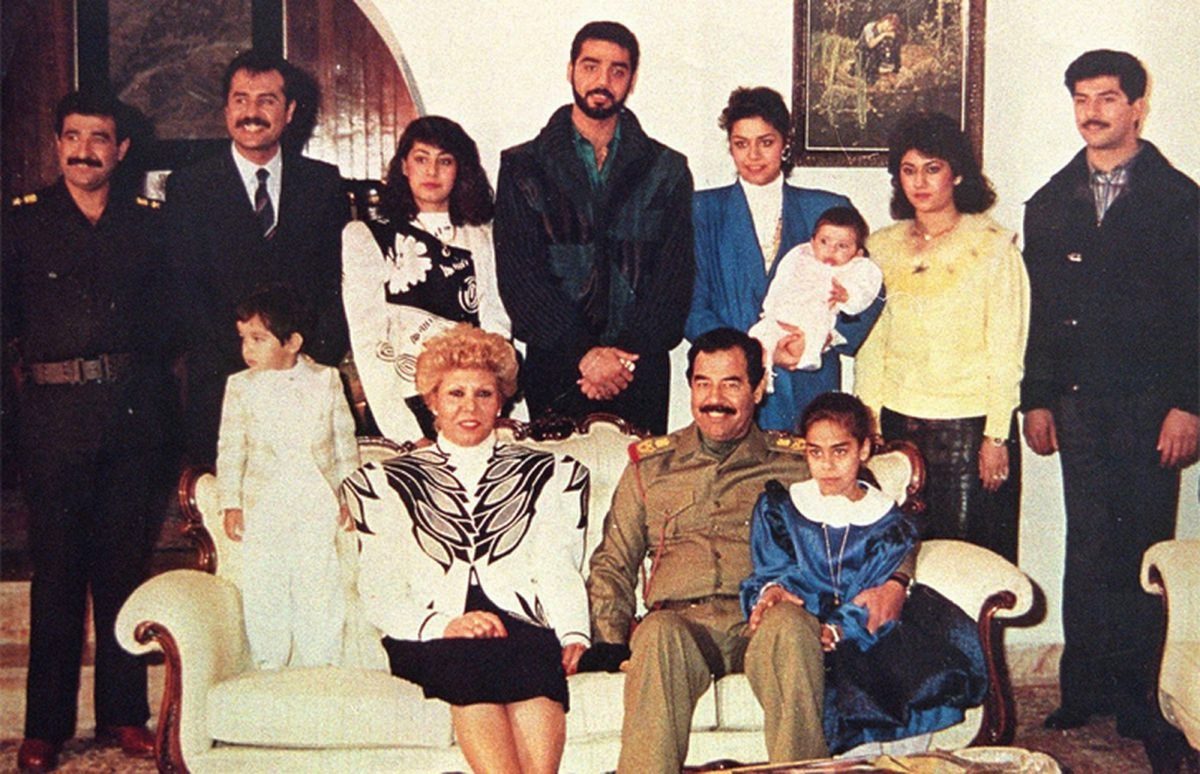
The first wife of Iraqi dictator Saddam Hussein, Sajida Khayrallah, was a fashionista who dyed her hair blonde and bought designer clothes from Paris. She and Hussein were first cousins, and their marriage was arranged when they were between the ages of 4 and 7. Despite their efforts to promote an image of a perfect family, Saddam was having affairs. One of his mistresses was Samira Shahbandar, who would become his second wife – before he had even divorced Sajida. Saddam was so obsessed with Samira that he kidnapped her husband, and then persuaded her to marry him instead.
Despite this, Samira was reportedly distraught when she had to leave him behind during the Iraq War—fleeing the country with a suitcase containing $5 million in cash and 10kg of gold. It is believed that she was unaware of the conditions faced by most people under her husband’s regime. Sajida also left the country, reportedly also with money and gold.
Joséphine Bonaparte
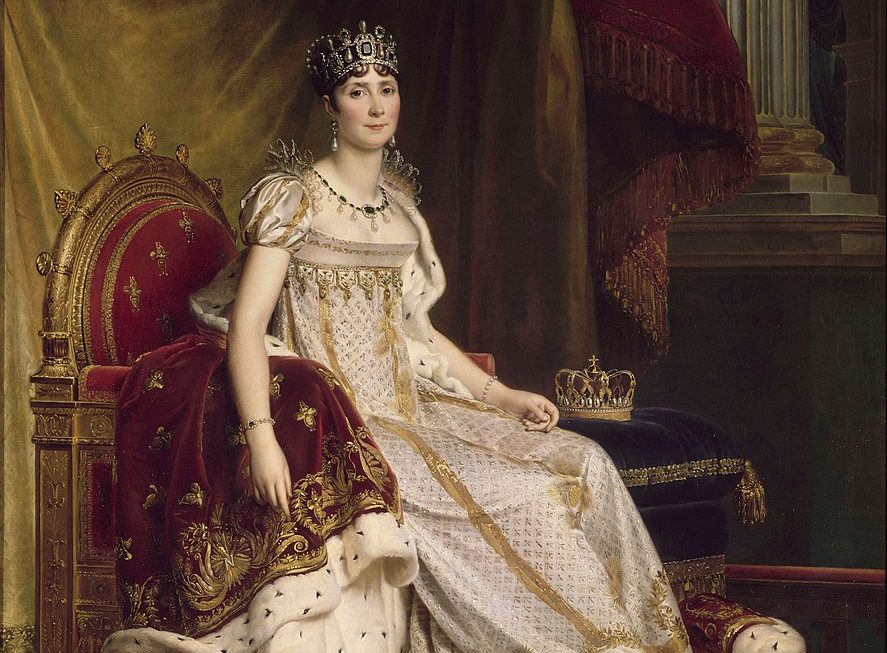
Joséphine Bonaparte was Empress of France as the wife of Napoleon I, from 18 May 1804 until their marriage was dissolved on 10 January 1810. Joséphine’s first husband, Alexandre de Beauharnais, was guillotined during the Reign of Terror. She was imprisoned in the Carmes Prison until five days after his execution. Historians describe Joséphine as being calm and gentle in Napoleon’s company, but at the same time they say she liked to spend money and flirt with other men.
Although Napoleon had the marriage annulled because she wouldn’t give him any children, he continued to pay her bills while she lived in Paris and threw extravagant parties.
Soong Mei-ling
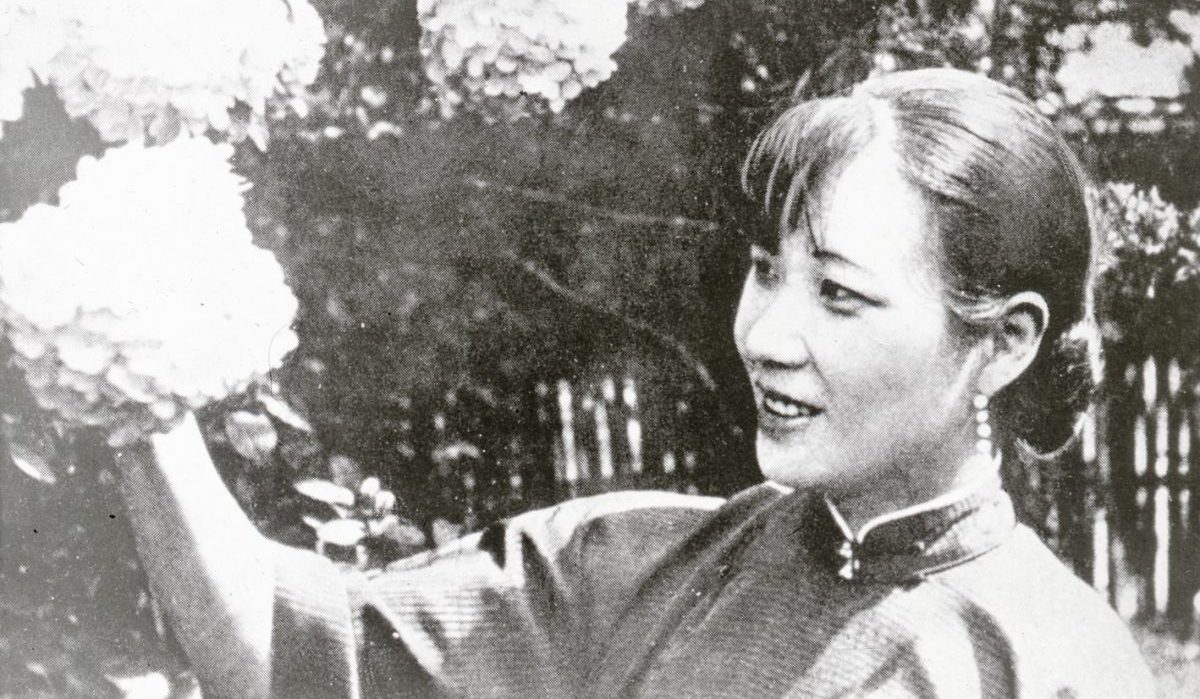
Soong Mei-ling, wife of Generalissimo and President Chiang Kai-shek, was a Chinese political figure who is regarded as an icon of modern China. Madame Soong, who was known for her beauty, American education, and powerful family background, was one of the driving forces behind the leadership of her husband. Soong’s diplomatic efforts and her close friendship with President Franklin D. Roosevelt helped to bring American support for China during the Second Sino-Japanese War.
President Chiang Kai-shek ruled the Republic of China from 1928 until his death in 1975. Chiang was the longest-serving nonroyal ruler of China. He held the post for 46 years, and was criticized by some as a dictator and accused of being a fascist in front of an authoritarian regime that repressed civilians and dissidents.
Michele Duvalier
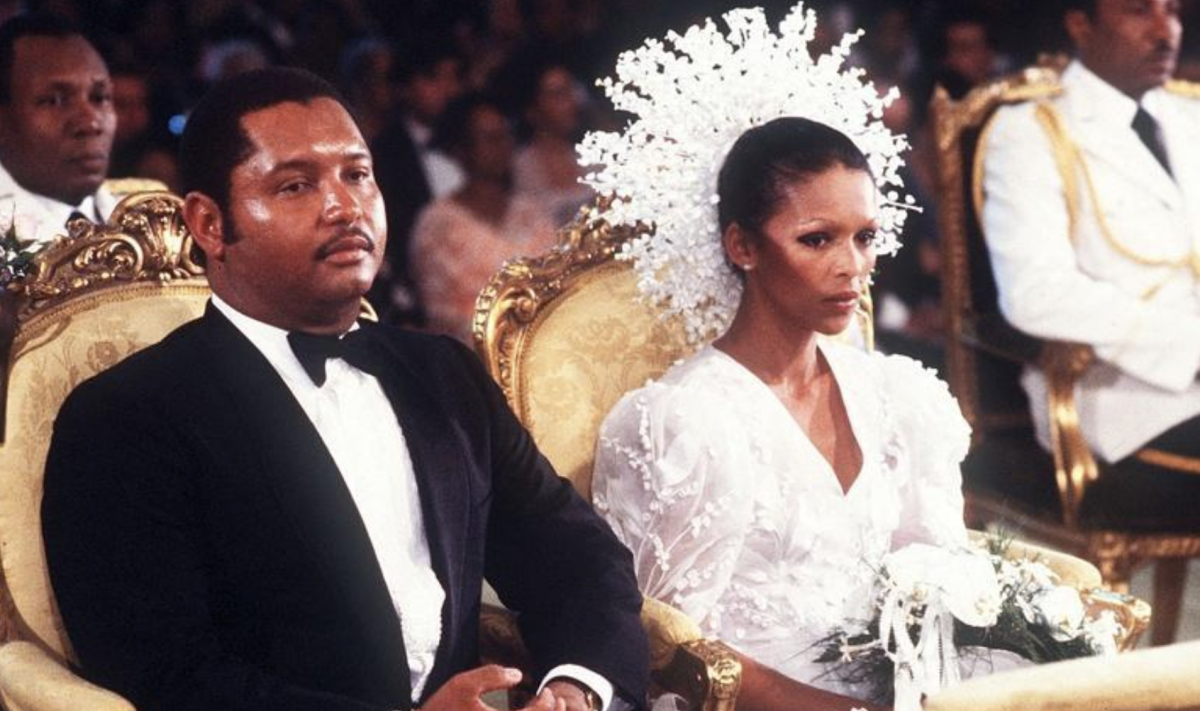
Michèle Duvalier was the wife of former Haitian president Jean‑Claude Duvalier. Bennett met Jean‑Claude Duvalier in high school, but they did not marry until ten years later. Their wedding cost US$ 2 million and was celebrated by most Haitians. Michèle, who was initially welcomed by the Haitian people for her efforts to help them, eventually became notorious for her corruption. When rioting broke out and opposition to Duvalier rule increased, the Duvaliers fled Haiti on February 7th, 1986. However, their home was raided as part of an investigation into pillaging Haiti’s treasury. Michele was found trying to flush documentation down a toilet. Her papers documented recent spending including US$ 168,780 for Givenchy clothing, US$ 270,200 for jewelry and US$ 9,752 for children’s horse saddles at Hermès.
Jean-Claude Duvalier served as the President of Haiti from 1971 until he was overthrown in 1986. During his presidency, thousands of Haitians were killed or tortured, and hundreds of thousands fled the country. Meanwhile, he maintained a notoriously lavish lifestyle while poverty among his people remained the most widespread of any country in the Western Hemisphere.
Madame Nhu

Madame Nhu was a controversial figure in South Vietnam during the 1950s and 1960s. She was married to Ngô Đình Nhu, who was the brother and chief advisor of President Ngô Đình Diệm. Because Diệm had no wife and Madame Nhu lived at Independence Palace with him, she was considered to be the unofficial first lady. Nhu was a woman known for her elegance, influence in Vietnamese politics, and the wealth she amassed. While her husband controlled the secret police and special forces, Madame Nhu acted as a forceful counterweight to the diffident president. She tormented Diem’s aides, allies, and critics with unwelcome advice, public threats, and manipulations. She then slipped into obscurity after both men were killed in a military coup.
Ngô Đình Diệm served as the first president of South Vietnam from 1955 until he was captured and assassinated during a coup in 1963. Diệm was one of the most controversial figures in Vietnamese history. However, at the time of his assassination, he was widely regarded to be a corrupt dictator.
Leïla Ben Ali

Tunisia’s Leila Ben Ali was detested as much as her husband, the dictator Zine El-Abidine Ben Ali. She became a symbol of nepotism and corruption in the country when she married Ben Ali in 1996. As First Lady of Tunisia, she is believed to have enriched herself and her family through gross corruption and embezzlement of state money. This led to protests against the regime of Ben Ali at the end of 2010. In 2011, she was placed on Interpol’s most wanted list for high treason and money laundering. When President Ben Ali was ousted on 14 January 2011, Leïla and her relatives fled Tunisia to Saudi Arabia, France, Canada, and Qatar.
President Ben Ali served as the 2nd president of Tunisia from 1987 to his exile in 2011. In 2012 a Tunisian court sentenced him to life imprisonment for inciting violence and murder, and in 2013 a military court sentenced him to another life sentence for violent repression of protests. The sentences were never carried out: Ben Ali died in Jeddah, Saudi Arabia, on 19 September 2019 at the age of 83 after nearly a decade in exile.
Carmen Polo

Carmen Polo, the wife of Spanish dictator Francisco Franco, was a devout Catholic who influenced her husband’s censorship of “immoral images” (i.e. anything alluding to sex) during his regime. Polo was known for wearing expensive clothes and jewelry, earning her the nicknames “Dona Pearls” and “Dona Necklaces.” Many people found her to be a hypocrite as her lavish lifestyle conflicted with her religious beliefs.
Franco’s dictatorship is said to have caused between 30,000 and 50,000 deaths in concentration camps and executions. Though controversial, his legacy has been debated because of the changes he made to Spain’s political system. Under his reign, Spain saw both economic prosperity and brutal repression against its citizens.
Bobi Ladawa Mobutu

Bobi Ladawa Mobutu is the former second wife of Mobutu Sese Seko Kuku Ngbendu Wa Za Banga, who was president of the now Democratic Republic of the Congo from 1965 to 1971. The couple had four children together. She has been in exile since 1997, when her husband died.
Mobutu was notorious for his corrupt, nepotistic rule and for embezzling as much as $15 billion during his time in office. His extravagant spending habits included expensive shopping sprees in Paris.
Nadezhda Krupskaya

When Vladimir Lenin married Nadezhda Krupskaya, she was already a fervent Russian revolutionary. She became her husband’s personal secretary and helped shape the Soviet educational system and libraries.
One of the most controversial and divisive figures in history, Lenin has been praised by some as a champion of socialism and the working class while others accuse him of establishing a totalitarian dictatorship that oversaw mass killings and political repression.
Dalia Soto del Valle
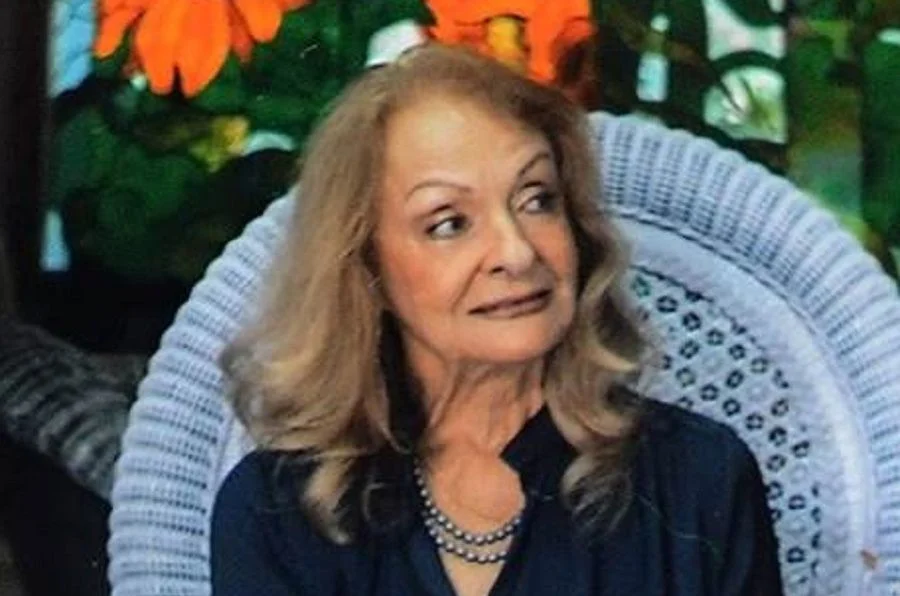
Dalia Soto del Valle was Fidel Castro’s second wife. They kept their relationship private and her identity hidden for 30 years. She made a public appearance with Castro shortly before his death in 2016.
Cuban leader Fidel Castro was the longest-serving non-royal head of state in the 20th and 21st centuries. Supporters see him as a champion of socialism and anti-imperialism whose revolutionary government advanced economic and social justice while securing Cuba’s independence. Critics call him a dictator whose administration oversaw human rights abuses, the exodus of many Cubans, and the impoverishment of the country’s economy.
Suzanne Mubarak

Suzanne Mubarak, the half-Welsh wife of Egyptian President Hosni Mubarak, has given up disputed assets worth nearly $4 million as part of an investigation into allegations that she and her husband committed crimes against the state. During the Egyptian revolution, Suzanne Mubarak’s charitable work and interest in women’s issues were heavily publicized in newspapers. However, this was a facade. Mubarak would fly off to meet with other leaders’ wives to discuss women’s issues while ignoring the repression of independent Egyptian women.
Hosni Mubarak ruled Egypt from 1981 to 2011, providing stability and reasons for economic growth. However, his rule was also repressive; he stifled political opposition, allowed the security services to become brutal, and allowed widespread corruption.
Safia Farkash
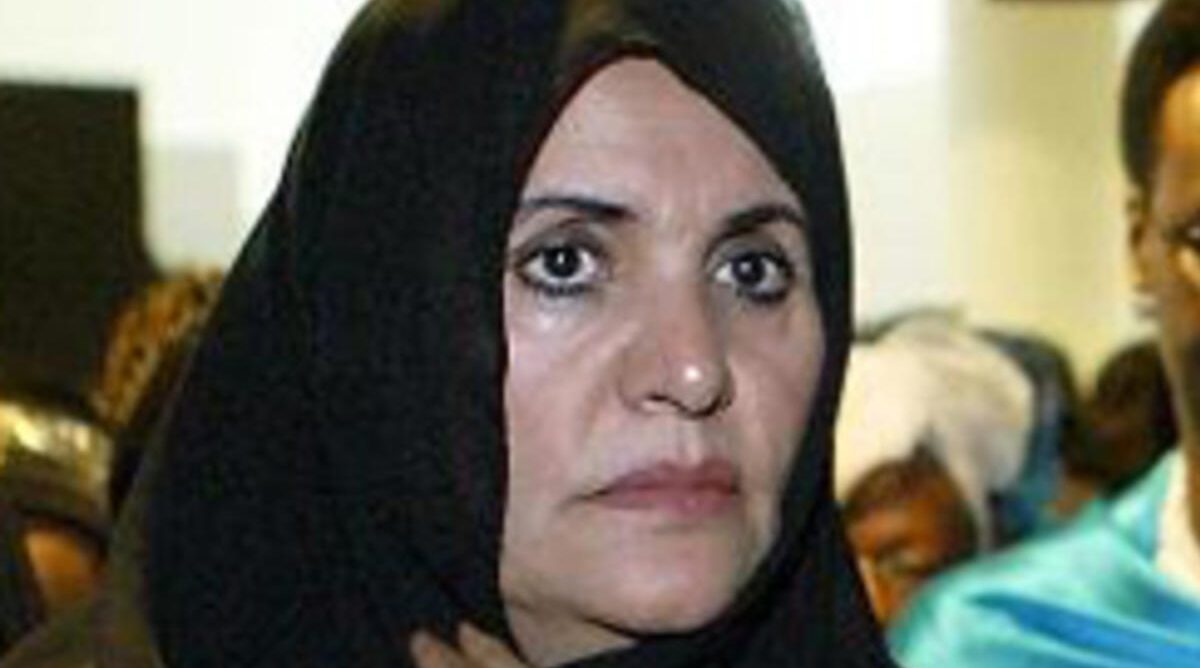
Colonel Muammar Gaddafi’s second wife, a Ukrainian nurse when she met him, was still vastly wealthy, even though the Libyan people saw her as a symbol of public money siphoned off into the family’s pockets. Safia Farkash and her daughter Aisha fled over the Algerian border during the uprising. Though she was mostly quiet, Safia Gaddafi did occasionally speak out about her family to the western media. In the 1980s, she told US reporters that she was afraid of even a ‘‘dead chicken’’ and said of Gaddafi: ‘‘If I thought he was a terrorist, I would not stay with him and have children with him. He is a human being.’’
Libyan leader Muammar Gaddafi served as Prime Minister of Libya for only two years, from 1970 to 1972. During that time, he implemented a number of unpopular reforms and was criticized by many Libyans for his authoritarian leadership style. He was also posthumously accused of sexual abuse and condemned by many as a dictator who violated human rights and financed international terrorism.
Queen Rania

Queen Rania, the queen consort of Jordan, was born in Kuwait to Palestinian parents. She attended Harvard University and worked at Apple in Amman before her marriage to King Abdullah II. Since becoming queen, she has used her position to advocate for women’s rights and education.
King Abdullah II, upon assuming control in 1999, has been regarded as a progressive leader of the Middle East. However, many cases of arbitrary arrests, torture, and government interference in the media have been reported in Jordan.
Rosmah Mansor
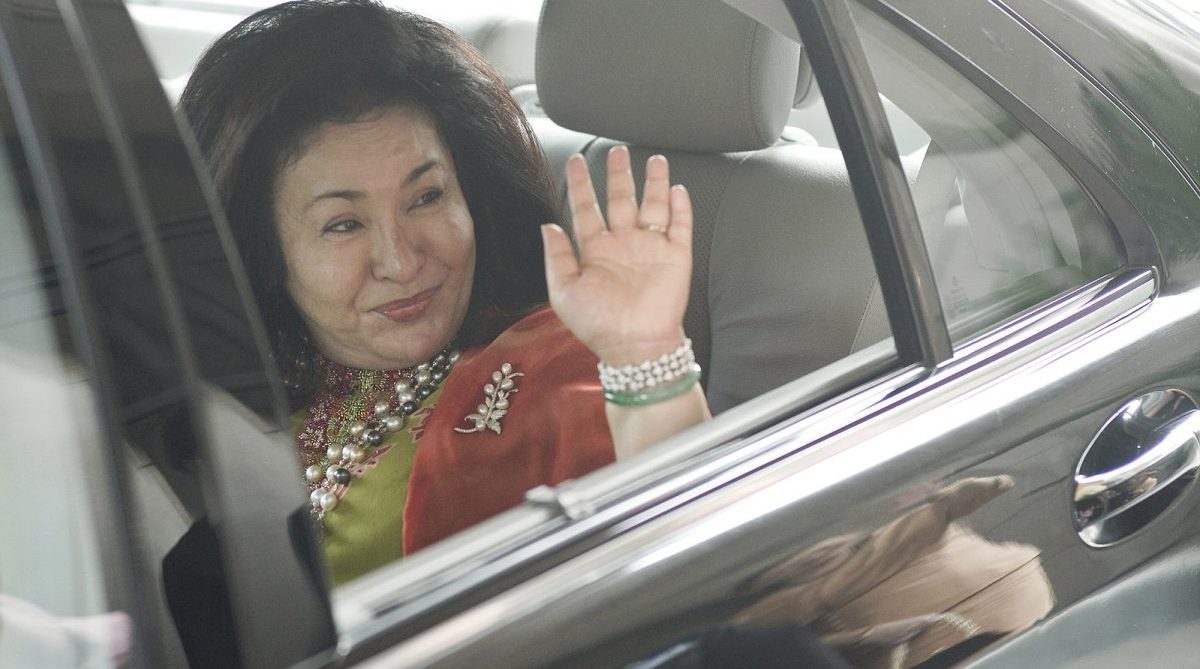
According to The Wall Street Journal, Rosmah Mansor, who was the wife of former Malaysian Prime Minister Najib Razak and served as the country’s First Lady from 2009-2018, spent millions of dollars on shopping sprees across the world. In London and New York City alone, she charged more than $6 million to her credit cards between 2008 and 2015. One time, Rosmah complained about having to pay 1,200 ringgit (£235) for a hair dye appointment—when Malaysia’s minimum wage at that time was 900 ringgit a month.
Former Malaysian Prime Minister Najib Razak and his wife are being investigated for an alleged international scam involving the state fund 1MDB. The US Department of Justice says millions of dollars from the fund were spent on jewelry for Rosmah – including a $27 million (£21.8 million) pink diamond necklace set. Najib claims many items were gifts, while Rosmah has denied charges of money laundering and tax evasion.
Maha al-Sudairi
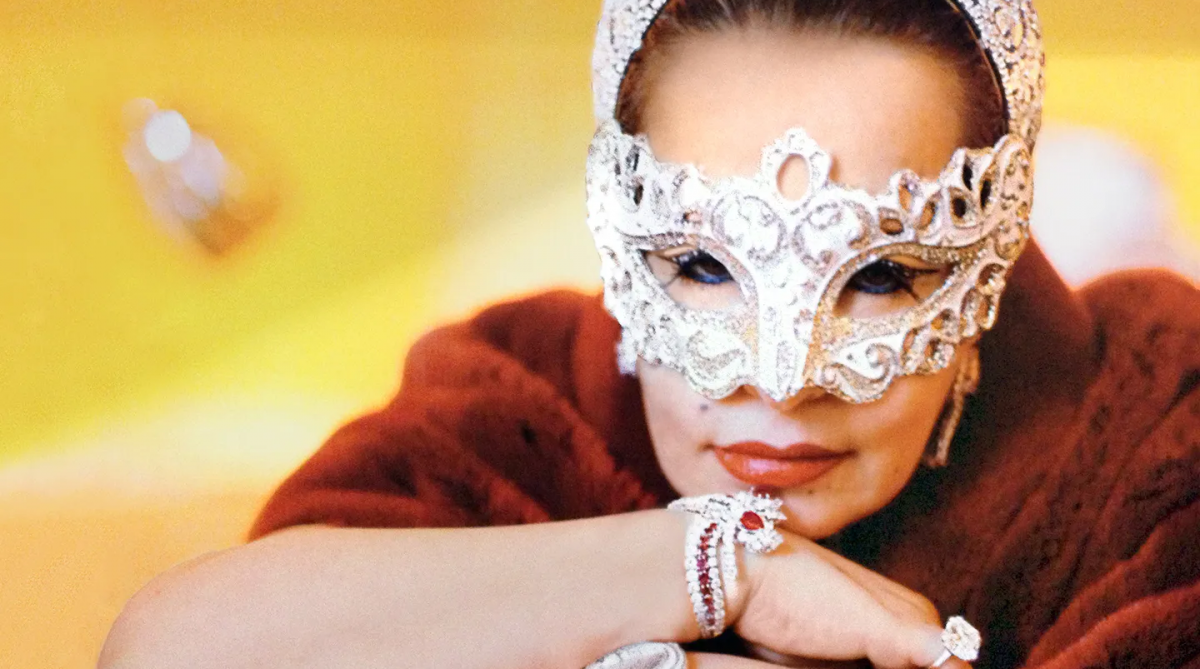
When Maha Abdullah Abdulaziz, the third wife of former Saudi interior minister Nayef bin Abdul Aziz Al Saud, went on an epic shopping spree across Paris, she reportedly called into top-end boutiques and purchased designer clothes, jewels, and lingerie. Afterward, she got a representative to hand over an embossed document stating: “Payment to follow.” Although she paid for some items, including a $3 million diamond bracelet and a $1 million pair of earrings that she failed to collect from Christian Dior’s flagship store on Avenue Montaigne in Paris’ 8th arrondissement, in up to 30 cases her payment was never made. Three years later, the princess allegedly attempted to sneak out of the five-star Shangri-La Hotel in the dead of night without settling her $7.5 million bill.
Rosa Elena Bonilla

Rosa Elena Bonilla, the wife of Honduran president Porfirio Lobo Sosa, served as First Lady from 2010 to 2014. In 2018 she was jailed for 58 years on charges of fraud and undue appropriation of funds. Bonilla was accused of misusing the equivalent of $779,000 (£630,000) in funds during her time as First Lady that came from international donations and public funds. These funds were meant to be used for social programs but prosecutors said Bonilla had used them to buy jewellery and pay for her kids’ tuition and construction work.
Her husband, Porfirio Lobo Sosa, served as President of Honduras from 2010 to 2014. Under his rule, Honduras became the only country in the world to ban the morning-after pill. Porfirio Lobo’s popularity in 2012 was only 14%, which made him the second most unpopular leader in Latin America at the time.
Yang Kaihui

Mao Zedong, the leader of the Communist Party in the Republic of China, had four wives. Mao’s first marriage to Yang Kaihui was arranged when he was only 13, but they never lived together and Mao never acknowledged her as his wife. Kaihui shared Mao’s political views and shortly after meeting him joined the party. She and Mao Zedong were married until he took up with He Zizhen, whom he later married. In November 1930, Kaihui was captured by a Guomindang warlord, who executed her in front of her infant son. It’s no consolation that she maintained her political views throughout her life since it didn’t help her escape death.
Clara Petacci
Italian dictator Benito Mussolini had two women in his life: Rachele Mussolini, who lived out her life peacefully in the town of Predappio; and Clara Petacci, who remained by his side until the bitter end. Mussolini, famous for having an insatiable thirst for women, was open about his affection for Clara, noting that she was the only woman he ever truly loved. When the Nazis lost their grip on northern Italy, Mussolini met with a group of partisans. He learned that the situation was even worse than he expected. Clara was with him at the meeting and they left together. They later joined up with a convoy of fellow fascists that were traveling north. However, their car was stopped by partisans, and they were taken to a remote Italian town where they were executed by machine gun fire. The couples’ mutilated bodies were strung up and paraded for all to see.
Rosario Murillo
Rosario María Murillo Zambrana, who has held the position of Vice President of Nicaragua since 2017, is a Nicaraguan politician and poet. Her husband, Daniel Ortega, has been president since 2007. Murillo defended Ortega when her daughter Zoilamérica accused him of sexual abuse in the 1990s; this event impacts her reputation with some Nicaraguans.
Ortega became increasingly anti-democratic during his fourth term, alienating many of his former revolutionary allies. In 2018, he ordered the violent crackdown on protesters, leading to massive waves of emigration and asylum claims in neighboring Costa Rica. The repression intensified when Ortega was re-elected in 2021; President Joe Biden banned him from entering the United States because of his political repression.
Widad Babiker
Widad Babiker is the wife of Sudan’s ousted president, Omar Al-Bashir. In 2019, Babiker was arrested over financial irregularities and corruption charges related to the Sanad Charitable Foundation, which she chaired.
Omar al-Bashir served as president of Sudan for three decades before he was ousted by a military coup in April 2019. In May 2019, al-Bashir was charged with incitement and involvement in the killing of protesters who participated in the demonstrations. The former president was also accused of financial fraud.
Peng Liyuan
Peng Liyuan is a Chinese soprano, folk singer, and wife of Xi Jinping, the current General Secretary of the Chinese Communist Party and President of the People’s Republic of China. A regular on the annual CCTV New Year’s Gala, Peng is known for her fashion sense within China. In 2014, she was listed as the 57th Most Powerful Woman in the World by Forbes.
Xi Jinping has been president of China since 2012. He has gained a reputation as an authoritarian leader, and his administration has censored media and increased surveillance, including in Xinjiang, where one million Uyghurs were detained in what many are calling a genocide.
Bun Rany
Bun Rany, wife of Prime Minister Hun Sen, has been a leader in her husband’s government. She has received international recognition for her work with Cambodia’s poor and HIV/AIDS awareness and prevention, along with recognition at home for her emphasis on women’s issues.
Hun Sen has been the prime minister of Cambodia since 1985, making him one of the longest-serving leaders in the world. He frequently calls for violence against his political opponents and is described as an authoritarian leader who has assumed power in Cambodia and personal wealth using violence and corruption.
Naraporn Chan-o-cha
Naraporn Chan-o-cha is a Thai educator and the wife of Prayut Chan-o-cha, the 29th prime minister of Thailand. She is also the president of Organization of English Teachers in Thailand and vice chairman of the Distance Learning Foundation.
Prayut Chan-o-cha has been the Prime Minister of Thailand since 2014. His government has undertaken a number of initiatives aimed at reducing public discussions about democracy and criticism of the government, including increases in Internet and media censorship.
Janet Museveni
Janet Museveni is a Ugandan politician and the First Lady of Uganda. She has served as a cabinet minister of education and sports from 2016. However, Museveni has been criticized for her lack of a college degree despite being a cabinet member.
Yoweri Museveni has been president of Uganda since 1986. He was re-elected for a sixth term on 16 January 2021, with 58.6% of the vote. Howevr, many videos and reports show Museveni’s supporters stuffing ballots and there have been human rights violations under his rule.
Sylvia Valentin
Sylvia Valentin Bongo Ondimba is the wife of Ali Bongo Ondimba, who became President of Gabon in October 2009. She created the Sylvia Bongo Ondimba Foundation “For the family” in January 2011 to improve the plight of vulnerable and disadvantaged people around the world.
Ali Bongo is the son of Omar Bongo, who was president of Gabon from 1967 until his death in 2009. After his father’s death, Ali won the 2009 election to become president of Gabon. He was re-elected in 2016, but there were complaints about irregularities in the voting process and human rights violations by security forces during demonstrations after the election.